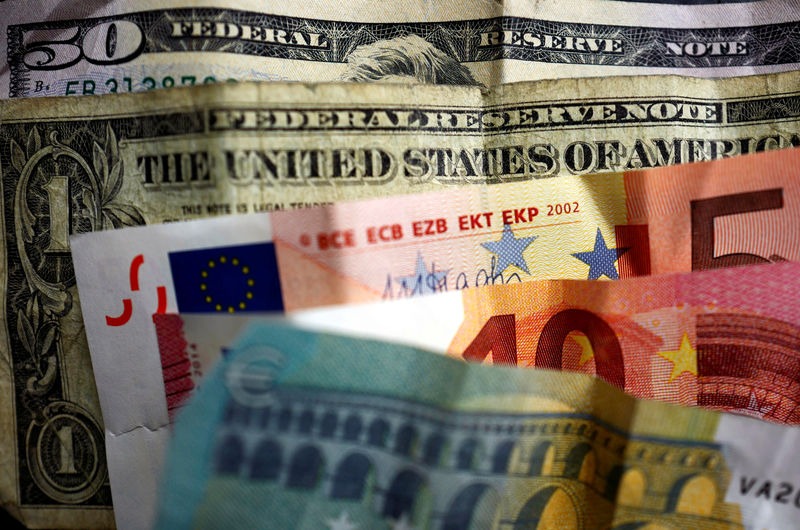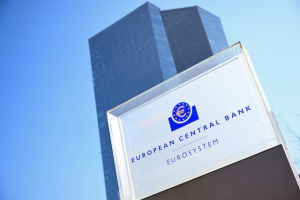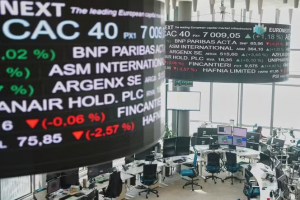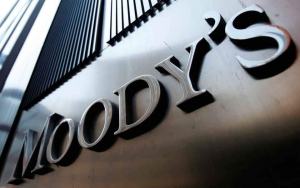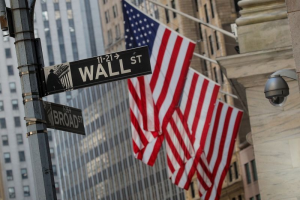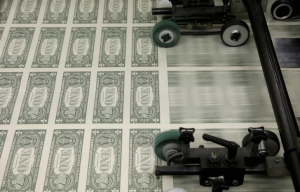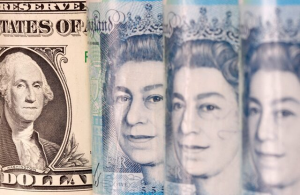The U.S. dollar fell further Wednesday, dropping to a three-month low amid concerns a trade war triggered by U.S. President Donald Trump will hit the largest economy in the world, while the euro soared on the prospects of major fiscal stimulus.
At 04:00 ET (09:00 GMT), the Dollar Index, which tracks the greenback against a basket of six other currencies, traded 0.6% lower to 105.060, near its weakest since early December.
Dollar weighed by growth concerns
Trump’s trade tariffs against China, Canada, and Mexico took effect this week, prompting reciprocal actions from the countries involved.
The prospect of an all-out trade war grew further after the U.S. president highlighted plans for even more tariff action during an address to Congress overnight.
Trump warned that the tariffs were going to cause a ’little disturbance’, and the dollar has been weighed by the prospect of a sharp slowdown in economic growth this year
Recent data showed a deterioration in U.S. consumer confidence to a 15-month low, sparking concerns over an economic slowdown, while the Atlanta Fed’s GDPNow model now sees annualized growth in the current quarter at -2.8%, reversing from +2.3% last week.
“In fact, the terminal rate for the Fed easing cycle has been repriced to 3.50% from 3.75% over the last four weeks alone,” said analysts at ING, in a note.
Euro to benefit from increased defence spending?
In Europe, EUR/USD traded 0.6% higher to 1.0684, climbing to a three-month high on the back of the potential for massive fiscal stimulus in the region as European leaders digested the news that the U.S. has paused military aid to Ukraine in its war with Russia.
The euro has been boosted by the news that the European Commission triggered national escape clauses from the Stability and Growth Pact, which could unlock 650 billion of national spending and other measures totalling 800 billion, as well as German leaders agreeing a suspension on the debt brake and unleashing a 500 billion infrastructure fund.
“Critics say that European leaders only react in a crisis – and certainly the prospect of the U.S. withdrawing its security umbrella from Europe is a crisis,” ING added.
GBP/USD rose 0.4% to 1.2848, climbing to a three-month high, boosted by the dollar weakness.
Yen gains on rate-hike expectations
In Asia, USD/JPY dropped 0.4% to 149.22, with the Japanese currency gaining amid persistent bets on Japanese economic strength and more interest rate hikes by the Bank of Japan.
USD/CNY traded 0.1% lower to 7.2579, with the Chinese government expected to outline much more stimulus to support the economy, especially in the face of trade-related headwinds.
China set a 5% economic growth target for 2025, maintaining the target for a third consecutive year. Beijing also outlined increased fiscal spending and promised targeted measures to boost private consumption in the coming months.

